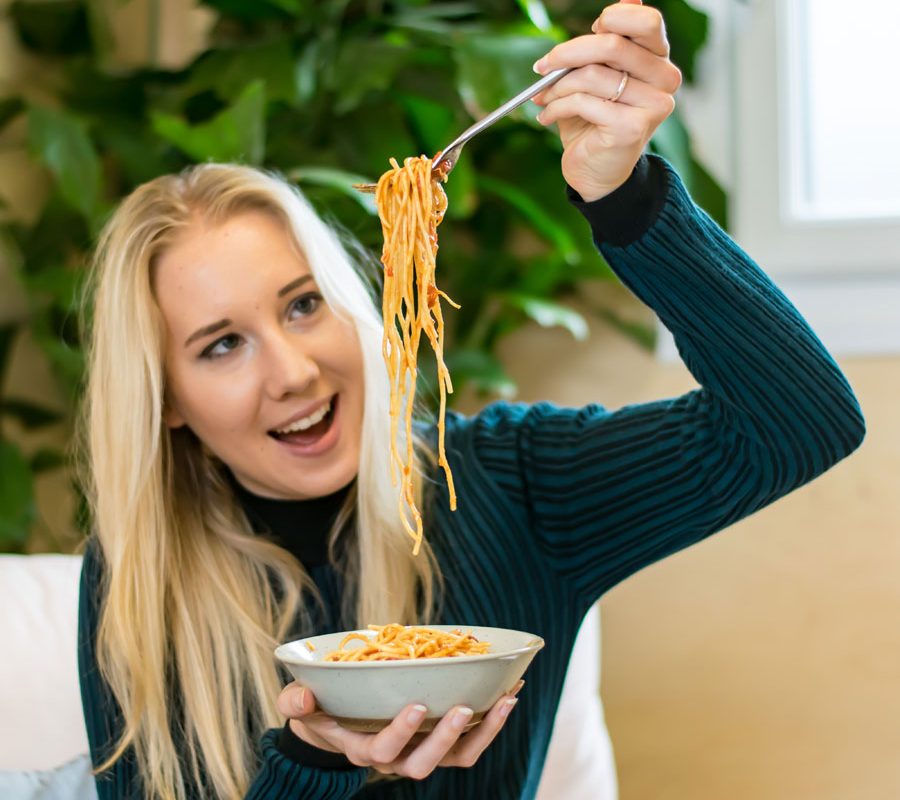By Annalisa D’Alessio
World Food Tour caught up with Luke Fouracre, chef director at The Bottle & Glass Inn, a newly opened gastropub in Henley. The pub was recently been awarded L’Assiette Michelin—the Michelin Plate—a title given to establishments which have almost reached the standards required for a Michelin star.
Question: Can you tell us a little bit about yourself and how you got into the food business?
Luke Fouracre: I started washing dishes in my local pub when I was still at school. I’d always been interested in cooking and wanted to experience life in a kitchen, although it wasn’t exactly glamorous at that point! The head chef there suggested I go to catering college—so I went to London and studied at Westminster college. From there I experienced some of the best restaurants in London before settling for a period at The Houses of Parliament. After that I moved to Surrey and then on to The Royal Oak in Paley street, that’s where my passion for cooking in pubs really took grip.
Q: What would you have been if you hadn’t been a chef?
LF: I really don’t know, as this has been all I’ve ever wanted to be. I’d like to say a professional golfer but I was never that good at it!
Q: What is your favourite dish to cook?
LF: That is such a tough question—I love braised meat. I like that you can take a really unglamorous cut of meat and turn it into something epic. But I also get the same joys simply pan-roasting a piece of fish.
Q: What are the five ingredients you always keep in your fridge?
LF: Shallots, garlic, thyme, rosemary, butter—for me they are the little basic ingredients that can really transform a dish.
Q: What’s your go-to restaurant in London and why?
LF: I don’t get the chance to go out as much as I used to but if I had to choose right now it would be The Ledbury—it’s a real masterclass in deceptively simple food that is so precise. It’s completely ingredient-led and that really excites m.e
Q: Who are your inspirations, both in and out of the kitchen?
LF: There are too many to name but chef-wise it would have to be Daniel Humm, Thomas Keller, Stephen Harris and Tom Kerridge. Outside the kitchen I’d have to say my parents for being able to deal with me and my brother growing up!
Q: Who is your chef idol?
LF: Again—far too many to name. I’ve always been a massive Thomas Keller fan.
Q: Can you tell us about a particularly memorable moment in your career?
LF: Probably getting a scholarship to work in New Zealand. I was in my early 20s and I got to work in the country’s best restaurants. It really opened my eyes to the world, both in and out of the kitchen
Q: You can only live on one cuisine for the rest of your life. Which one would it be?
LF: It has got to be British pub food. The possibilities are endless and it can be both creative and comforting at the same time
Q: What is your favourite food fad and why?
LF: I think the growing trend of street food vendors in the UK it’s opening people up to new ideas and different ingredients and cuisines. I think it’s a really exciting thing.
Q: What’s your best-kept cooking secret or tip?
LF: It’s not really a secret but balancing flavours. Using acidity such as lemon juice or certain vinegars to help balance out the flavours in food. It’s amazing what a splash of vinegar or a squeeze of lemon can do to a sauce or a piece of meat.
Q: Do you have any future predictions for the food industry?
LF: I think we will see a lot of chefs reverting back to the classics or at least taking a more direct inspiration from them. There is a big trend of pickling and fermenting foods at the moment and I see that becoming more interesting over the next few years. I also think there will be a massive push to try and battle the chef shortage here in the UK. I wish I had the answer to that one, but as an industry we need to do more to combat that.
Q: Do you have any exciting plans and projects coming up in the future?
LF: We are growing the business here organically and looking at ways of really getting the best out of the site. We have just finished our outside kitchen to accommodate all the guests in our gardens. We’ve built a huge wood fired oven and installed a bar so we can have some really good dishes suited for that area, it relieves the stress on the kitchen and bar meaning we can keep pushing the standard in the restaurant. We are also in the process of building rooms and having our own vegetable garden cultivated. So it’s a very exciting—if not busy—time!
See also: Interview: Chef Andrew Du Bourg from The Elderflower, New Forest



